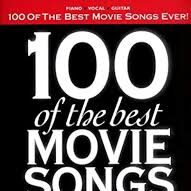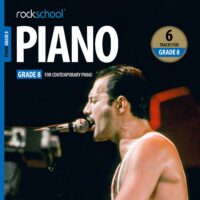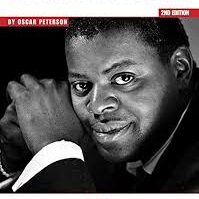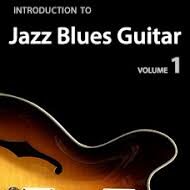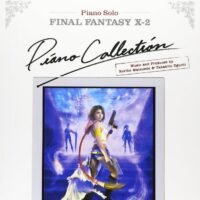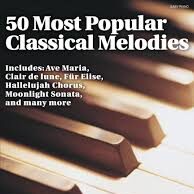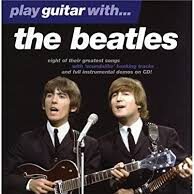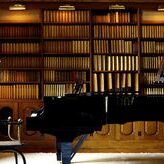Welcome to YOUR Sheet Music Library!
All the music you want to play on one site. Sharing the world’s best classical and Contemporary Sheet Music.
Subscribe, download and play!
The Sheet Music Library (PDF), #SMLPDF, is a worldwide Sheet Music repository, aiming to share the joy of music with all musicians, amateurs, collectors, and music lovers, sharing all kind of genres, styles, play along sets (Jazz & Rock), film scores, rock, pop & contemporary sheet music, easy/intermediate classical arrangements, piano and guitar methods & practice books, Jazz transcriptions, music books, and many more.
Search and discover your most loved sheet music:
The Library mainly contents artists‘ anthologies, collections, books, and songbooks. Please, preferably, search by the musician, band, performer or author’s name. Please, subscribe to download the complete scores.
Or browse in the categories menus & download the Library Catalog PDF:
The Sheet Music Library (PDF), #SMLPDF, is a not-for-profit, subscription library working toward the goal of building an open online collection of digitized sheet music, gathered now within this membership online library, that so far contains over 12,000 quality sheet music books and single musical scores (>142,000 pages) for piano and guitar (TAB also), as well as piano/guitar-vocal sheet music, and even the best trumpet and sax scores and methods, easy to download and print.
The Library is regularly uploading new scores. For the price of a single songbook, get a full Sheet Music Library!
All the scores from our Library are Free to download and print, after subscribing – we just request a very small fee, as little as US$ 15.99, a one-time payment for lifetime (ca. 12.50 Euros), for our ever-growing Library (taxes/VAT included).
The link to have full access to the complete Library will show up in your email shortly after you make the fee’s payment (USD 15.99). It may take a couple of minutes. Please, remember to check your spam folder as well, or contact us, if you cannot find it.
If you prefer not to use PayPal as the payment gate, please follow this link (credit card payment via Stripe):
Lovingly and thankfully sharing sheet music since 2019.
Become a member to take part in this vibrant, exiting and international music lovers community. Membership of the Sheet Music Library (PDF) provides you with Internet access to the whole content of it for unlimited time. Then, subscribe, download and play, or learn how to play.

What is the Sheet Music Library (PDF)?
Our Sheet Music Library (PDF), SMLPDF, includes a wide selection of universal music of all time and all genres. (You may check the sheet music classification menus here). These scores have been digitized by experts, volunteers and enthusiasts and shall be shared with our subscribers via the internet, with the hope of contributing to expand the universal musical language and the love of Music all over the world.
How does downloading sheet music work through our digital Library?
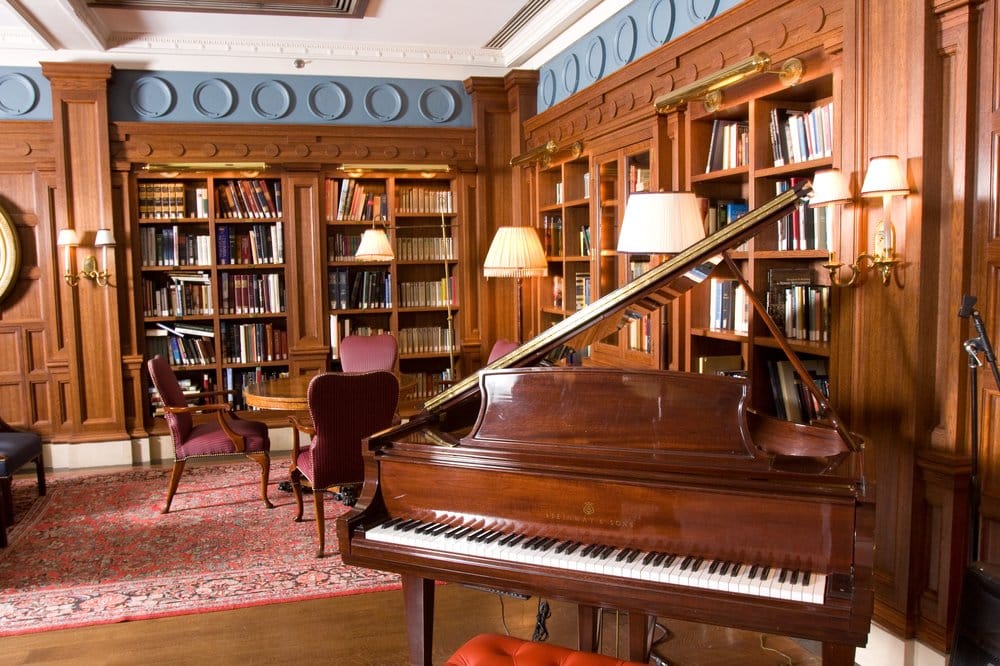
It’s very easy: you can download one or multiple items (no restriction at all for subscribed members). The full Library content is permanently online available for our members with no restrictions at all in time, number of downloads or printing. All the scores are in PDF format (unprotected and printing allowed), but in some cases, where attached audio files (MP3) are involved, like piano & guitar play along series, they can be included in a RAR or ZIP file. (If you need a PDF reader, click here).
Let’s keep music alive! Please support music artists and bands by listen/download their songs, going to concerts and buying their albums or singles. Our online Library is not just about scores and sheet music; it’s about Culture and sharing love for Music on a worldwide level.
JOIN NOW and get absolute free access for unlimited time to the full Sheet Music Library!
A reasonable and symbolic donation (as few as US$15.99 -ca. €12.50) is kindly requested for keeping this site up and growing with new added scores, and worldwide available via Internet for educational purposes. This is a one-time payment, so for unlimited time.
Why digital sheet music?
Sheet Music. Partituras. Partitions. Spartiti. Noten. Partitur. Partituur. Партиту́ра. 楽譜 Sheet music in PDF format for educational purposes. The name is not important. The only thing that matters is the Music on it. Until today, it used to be a handwritten or printed form of music notation using modern musical symbols. The first printed sheet music made with a printing press was in 1473.
Nowadays, we have digital sheet music, usually in PDF, that can instantly be shared all over the world, even to remote places where it is difficult to find sheet music on paper. (If you need a PDF reader, click here). Anyone, anywhere, any moment, 24/7, can have and print the sheet music just at the right moment. Culture have never been so widely shared. In addition, more and more often, the performers or amateurs use tablets or similar devices to read and play music, so printing on paper is sometimes not even necessary, also getting a better organization of their scores.
Our online Library is not just about scores and sheet music; it’s about Culture and sharing love for Music on a worldwide level. After the full Registration, please check the email that you have associated with your registration data. The link to have full access to the complete Library will show up in your email shortly after you make the registration and the associated payment (USD 15.99). It may take some minutes. Please, remember to check your spam folder as well.
Can’t find the book you’re looking for? Please, email us at: sheetmusiclibrarypdf@gmail.com We can help you!
Any doubt? Please, do not hesitate to contact us.
Or read our FAQs.
If you love Music, please donate. You can help this site being up and running. Thanks!
FAQs
Acknowledgements
This project has been possible thanks to the friendly cooperation and support of the AEC Association Européenne des Conservatoires, Académies de Musique et Musikhochschulen and the Institute of Museum and Library Services.


We are also grateful for the helpful support of the Open Library!

And proudly supporting the mission and upholding the values of LIBER.




